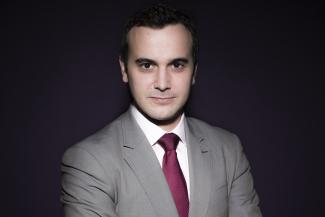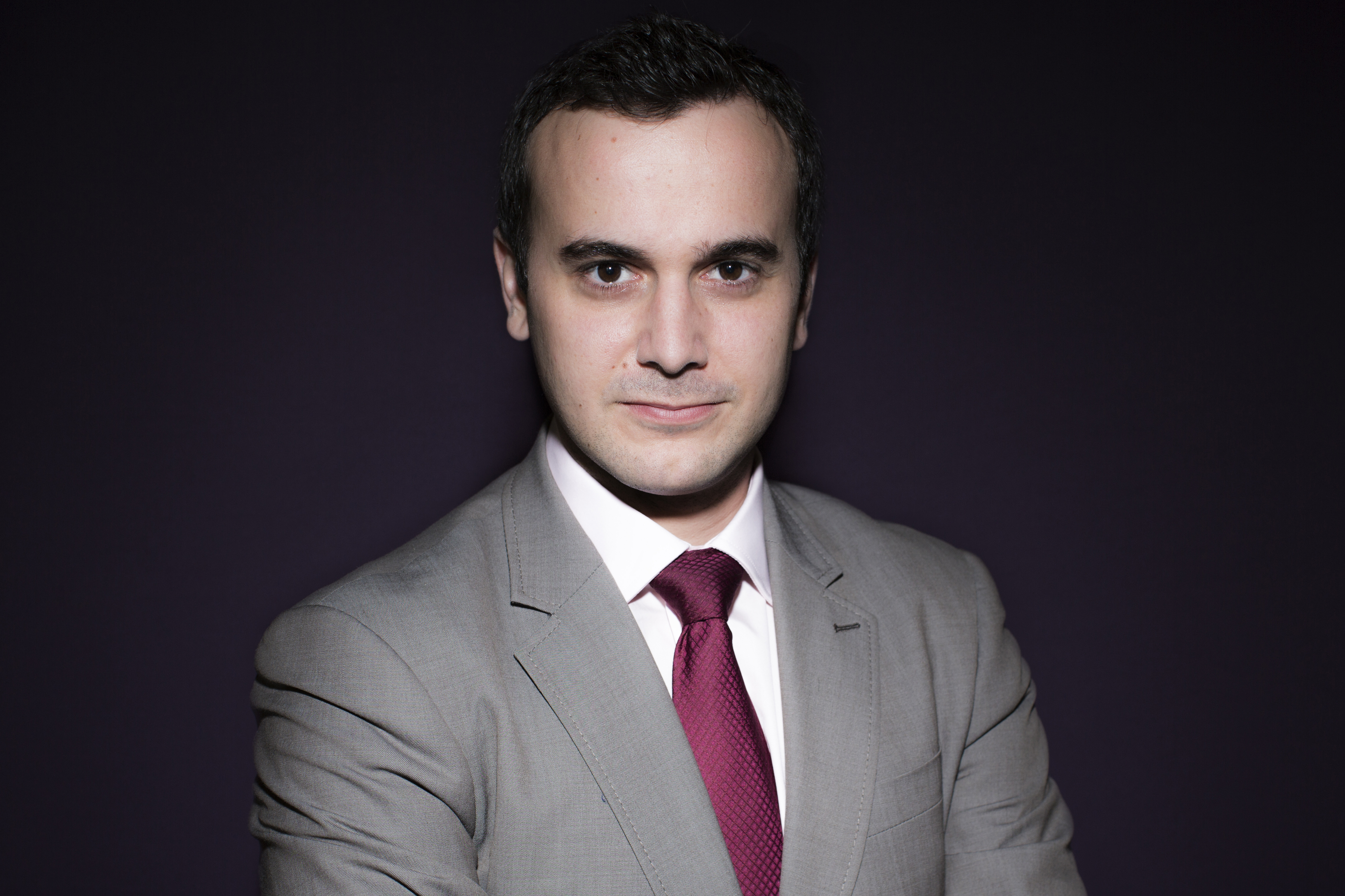A New Era for the European Council ?
Donald Tusk is set to make his mark as the new president of the European council. How will this be felt across the other institutions that make up the EU?
Donald Tusk replaced Herman van Rompuy on 1 December as president of the European council. This was widely overlooked among commentators and in the wider world of news, but the handover could be significant for the three reasons. First, the change takes place at the time of a crucial juncture for Europe’s economies, for the support of the EU and for the EU’s role in global affairs. Second, the European council is in the midst of a general reflection about its role, and in particular the power balance between the European institutions. Finally, Donald Tusk comes to Brussels with a different background to that of his predecessor, who has shaped the position. The council president is expected to be a manager of tensions – a team- and consensus-builder. Whether Donald Tusk has this vision of the job in mind is up for debate.
A full plate of priorities
The former Polish prime minister takes up the council presidency at a sensitive time. The economic recovery is ailing. The European council put jobs, growth and employment at the heart of its strategic agenda last June. But needless to say, the political and economic challenges will be daunting. Tusk’s immediate task will surely be to pursue the strategic agenda’s key priorities. But his longer-term objectives will be to reconcile the hyper-thorny divergence, in schematic terms, between those who consider that European commitments, such as those enshrined in the ‘fiscal compact’, need to be followed to the letter and those who consider that they cannot be implemented in isolation from the broader political and economic context. This divergence is not new, but the growing integration within the Economic and Monetary Union makes this opposition increasingly dangerous for the EU’s stability. During the last few years, Germany and a few other member states have dominated the argument: political considerations come second to the respect of commitments. This has been sharply imposed on countries, such as Cyprus, Greece, Ireland and Portugal. Today, Belgium, France, Greece (again) and Italy are under pressure to deliver reforms. While Belgium’s and Greece’s room for manoeuver is limited, France and Italy have pushed back. In today’s EU, it has become very difficult to know which member state would accept flexibility: traditional commitment-first countries have not changed, but some ‘programme countries’, such as Portugal, have become less amenable to a form of flexibility they were never offered. The more entrenched positions become the more damaging it will be on the EU’s capacity to move the EMU forward. On those issues, Donald Tusk’s position is very difficult to read and his first European council this week could offer some preliminary hints.
Second and relatedly, Donald Tusk cannot escape the wave of Eurocriticism. The European elections last May have confirmed the rise of a variety of Eurosceptic parties, but even many mainstream parties now manifest a Eurocritical mood. Commission president Jean-Claude Juncker acknowledged that it was the “last-chance commission”; it will also be Donald Tusk’s responsibility to provide answers to the critics. His role may be even more instrumental as chair of the European council, because he will have all 28 heads of state and government around the table. Debates on the EU do not take place in Brussels, but Donald Tusk could have two complementary roles within the European council: first to help placate the tensions laid out above; and second to initiate debates about the future of the EU.
Finally, Europe’s position in the world is in turmoil. Russia does not hesitate to intimidate Europe’s eastern flank. Although Nato plays a more prominent role in this regard, Russian actions have further ignited in the east the principle that the EU is a geopolitical project. The southern flank also presents numerous challenges for Europe: security-related, political and immigration-related. Foreign policy does not fall explicitly in Donald Tusk’s portfolio, but he will surely put Russia and the eastern neighbourhood on the agenda more frequently. His first meetings and phone calls already indicate that he will likely be more involved in foreign policy than his predecessor.
Power balance between the institutions
Donald Tusk will also take the chairmanship of the European council at a time of review of the inter-institutional balance. This will play out at two levels. At the institutional level, there are growing calls to update the 2003 inter-institutional agreement on better lawmaking between the commission, the parliament and the council of the EU. Negotiations on a new agreement will have little direct impact on Donald Tusk’s agenda because the European council is not part of the inter-institutional agreement. Nonetheless, it is plausible that the heads of state and government will use their prerogatives within the European council to influence the negotiations.
While those negotiations will be ongoing, there will be a more direct challenge for the European council. During the heights of the financial crisis, it was the main driver of reforms. The commission was less a force for initiative than it could have been and the European parliament only appeared in the background battling for its voice to be heard. However, the ‘Spitzenkandidat saga’ has brought a certain level of concern among bigger and smaller member states that the commission will become even more attuned to the parliament’s wishes than before. In return, the European council could be growingly isolated. For now, there are high hopes that the new commission will be up to the task. That could change if the member states feel that the commission-parliament alliance is not playing to their best interests. As Polish prime minister, Donald Tusk rarely hesitated to be critical of the commission, but it is unclear at this stage whether he will instil those feelings to his new position.
Tusk: the new ideal type?
The last point to look at is how Donald Tusk will embody his role. Herman van Rompuy has exceeded expectations and probably shaped the position in ways very few envisaged he could when he took over. He was not a strong public figure, but he was a skilled mediator. During the most turbulent times of the crisis, he managed to keep everyone in the room and worked hard to find consensus among all actors. This has become the ‘van Rompuy’s touch’.
Will the new president follow his predecessor’s path? All we get are mixed signals at this stage. His career in Polish politics would let most think that consensus-builder is not the most natural adjective for him. He may be more inclined than his predecessor to be at the centre of the stage and his first meetings and phone calls would confirm that impression. In his first three days in office, he had calls with US president Barack Obama, Chinese president Xi Jinping, and Ukrainian president Petro Poroshenko, as well as a meeting with Nato secretary general Jens Stoltenberg.
However, Herman van Rompuy has left a precedent. Donald Tusk will arrive with his convictions and his agenda items but he will need to grow conscious of the fact that his primary role is to ensure that the European council meetings run smoothly and achieve the most acceptable compromises to its members.
Donald Tusk’s tasks are as multifaceted as they are challenging and how he approaches issues and his position will become a bit clearer during his first European council this week.
This article first appeared on Policy Network.

Available in:
Regions and themes
Share
Related centers and programs
Discover our other research centers and programsFind out more
Discover all our analysesJapan’s Takaichi Landslide: A New Face of Power
Prime Minister Sanae Takaichi has turned her exceptional popularity into a historic political victory. The snap elections of February 8 delivered an overwhelming majority for the Liberal Democratic Party (LDP), driven by strong support from young voters, drawn to her iconoclastic and dynamic image, and from conservative voters reassured by her vision of national assertiveness. This popularity lays the foundation for an ambitious strategy on both the domestic and international fronts.
The U.S. Policy Toward Taiwan Beyond Donald Trump: Mapping the American Stakeholders of U.S.-Taiwan Relations
Donald Trump’s return to the White House reintroduced acute uncertainty into the security commitment of the United States (U.S.) to Taiwan. Unlike President Joe Biden, who repeatedly stated the determination to defend Taiwan, President Trump refrains from commenting on the hypothetical U.S. response in the context of a cross-Strait crisis.

China’s Strategy Toward Pacific Island countries: Countering Taiwan and Western Influence
Over the past decade, China has deployed a diplomatic strategy toward the Pacific Island Countries (PICs). This strategy pursues two main objectives: countering Taiwan's diplomatic influence in the region and countering the influence of liberal democracies in what Beijing refers to as the "Global South."

Opening up the G7 to South Korea to Address Contemporary Global Challenges
The G7’s global influence has diminished as powers like China reshape international governance through initiatives such as BRICS and the Shanghai Cooperation Organisation (SCO). With the G7 now representing just 10 per cent of the world’s population and 28 per cent of global GDP, its relevance is increasingly questioned.










